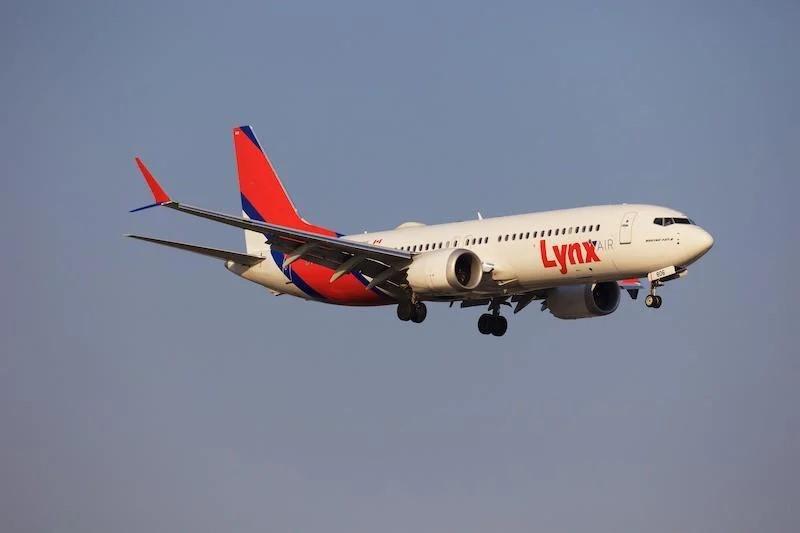
Credit: J. Wolanczyk/Alamy Stock Photo
Lynx Air, the Canadian ULCC that launched less than two years ago, will cease operations on Feb. 26 citing financial pressure in a competitive market. The Calgary-based airline blamed “rising operating costs, high fuel prices, increasing airport charges and a difficult economic and regulatory...
Subscription Required
This content requires a subscription to one of the Aviation Week Intelligence Network (AWIN) bundles.
Schedule a demo today to find out how you can access this content and similar content related to your area of the global aviation industry.
Already an AWIN subscriber? Login
Did you know? Aviation Week has won top honors multiple times in the Jesse H. Neal National Business Journalism Awards, the business-to-business media equivalent of the Pulitzer Prizes.





